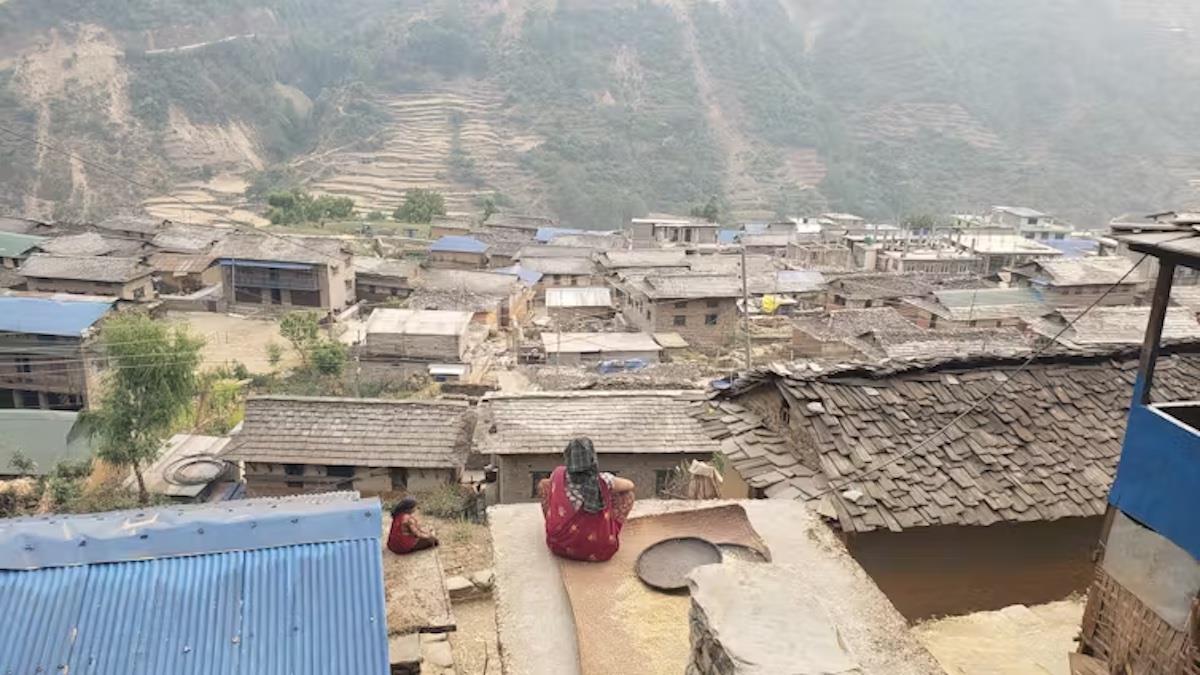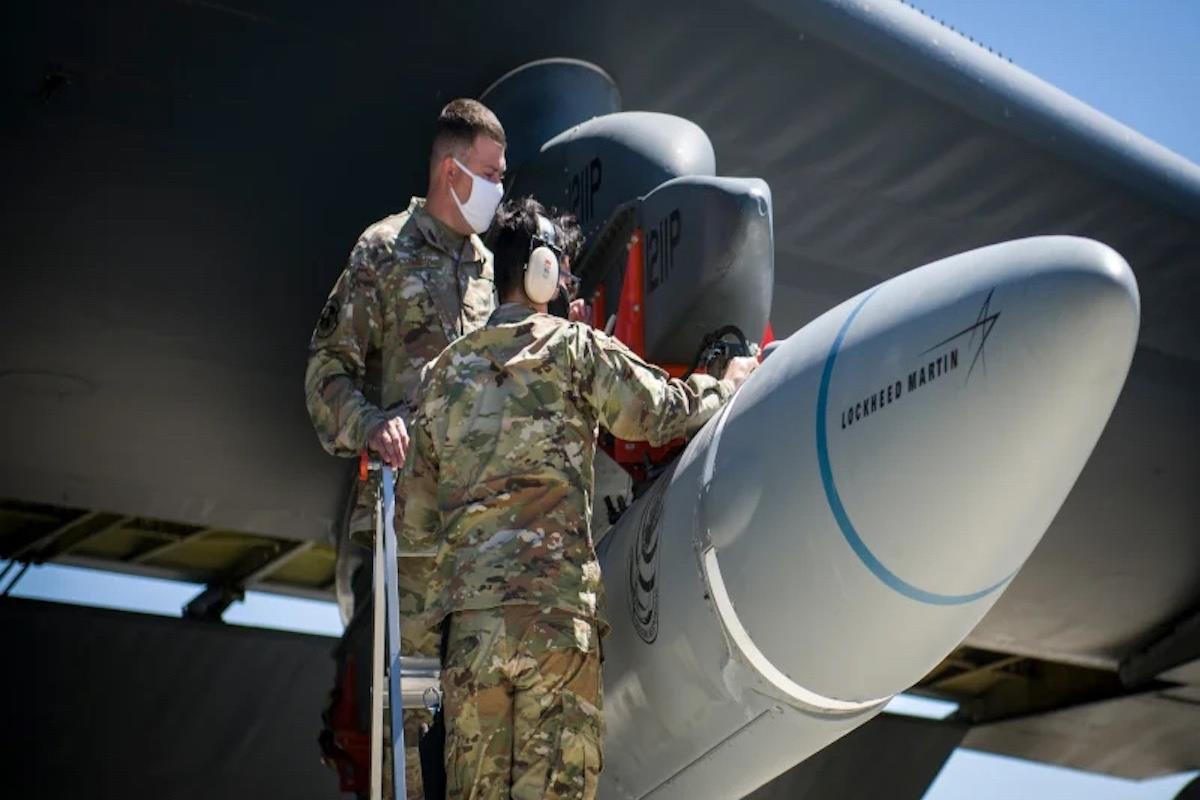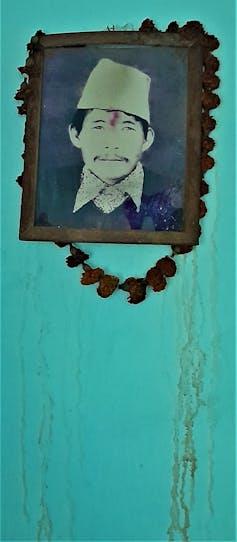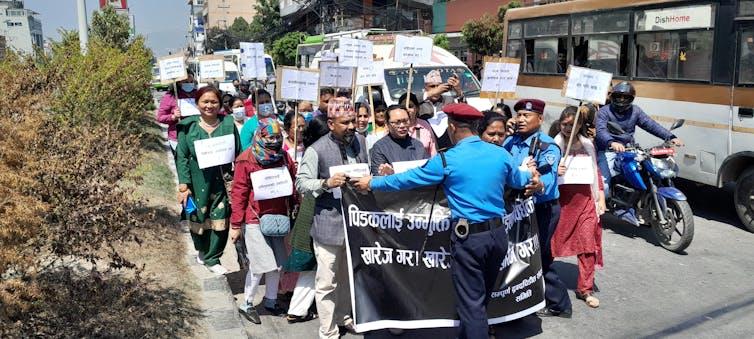
Nepal's Revamped Truth Commissions Must Go Beyond Ritualism
In August 2024, the country's parliament passed a long-awaited bill that sets the stage for appointing a third – and hopefully final – round of truth commissions to carry out investigations into the more than 66,000 conflict victim cases that have been collecting dust since the last commissions ended in July 2022.
The two main bodies involved - the Truth and Reconciliation Commission (TRC) and the Commission of Investigation on Enforced Disappeared Persons - were created by Nepal's government in 2015 to deal with crimes that were committed during Nepal's conflict, commonly known as“The People's War .”
In 1996, Maoist rebels began an insurgency against the Nepali government in western Nepal that escalated into a 10-year civil war across the country. According to United Nations estimates , the conflict resulted in the deaths of 13,000, with 1,300 people still missing and an unknown number of torture and conflict-related sexual violence victims.
The People's War ended with the signing of the Comprehensive Peace Accord that, among other obligations, required the Nepal government to create a high-level truth commission.
To date, the commissions have completed two rounds. The first, which collected the majority of the victim cases, began with a two-year mandate in 2015 that the government extended by an additional year three times. The second round, mandated from 2020 to 2022, was shut down for months due to COVID-19.
The commissions were tasked with three main objectives: to reveal the truth about gross human rights violations; to create an environment of peace, trust and reconciliation; and to make legal recommendations for victim reparations and perpetrators from the conflict.
However, despite seven years of work, little progress toward any of these objectives has been made. No case investigations have been completed, no perpetrators have been held accountable, and no victim reparations have been distributed. Reconciliation in a country that still bears the scars of conflict remains a distant thought.
From 2022 to 2023, I conducted research in Nepal about the country's transitional justice process. During my research, I heard people refer to Nepal's prolonged process as“a judicial merry-go-round,”“Groundhog Day” and“transitional injustice .”

Legal Disclaimer:
MENAFN provides the
information “as is” without warranty of any kind. We do not accept
any responsibility or liability for the accuracy, content, images,
videos, licenses, completeness, legality, or reliability of the information
contained in this article. If you have any complaints or copyright
issues related to this article, kindly contact the provider above.






















Comments
No comment